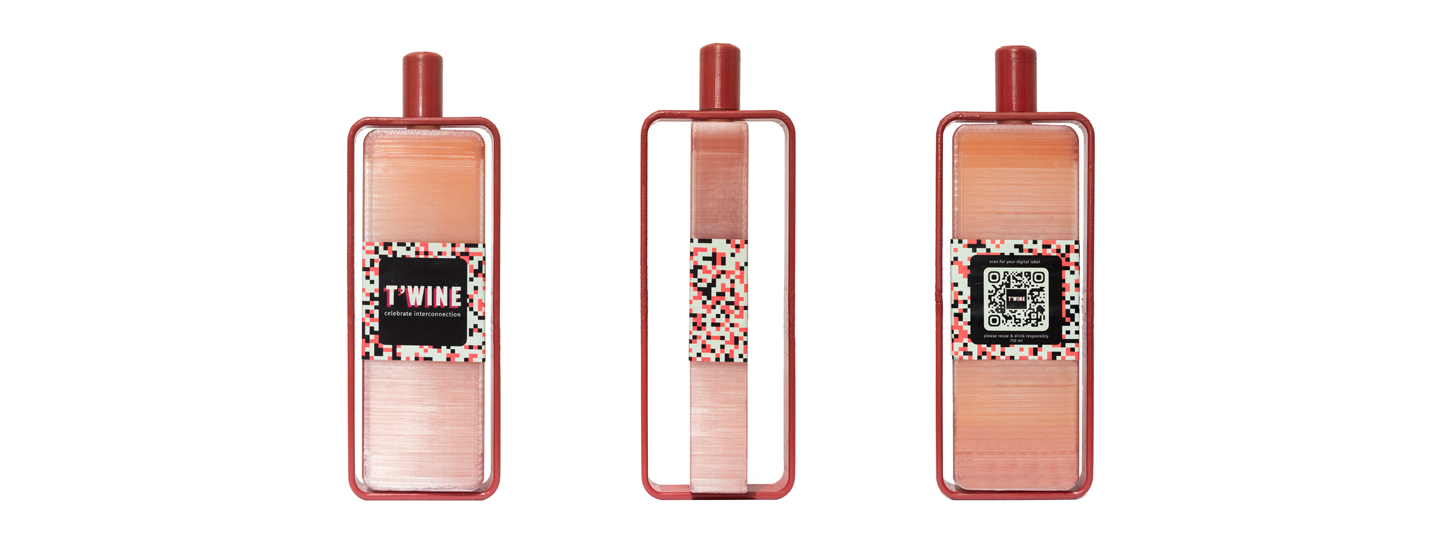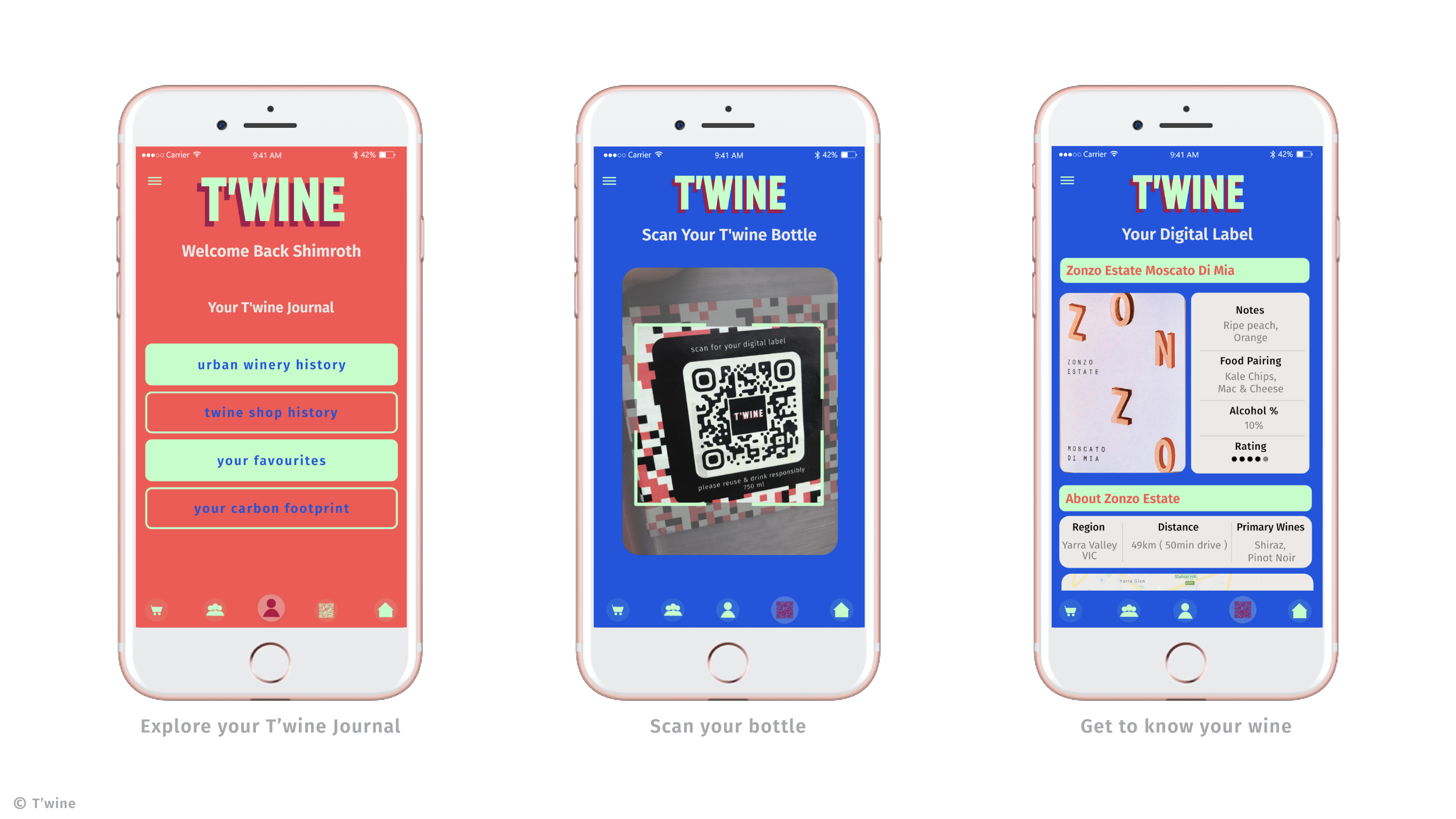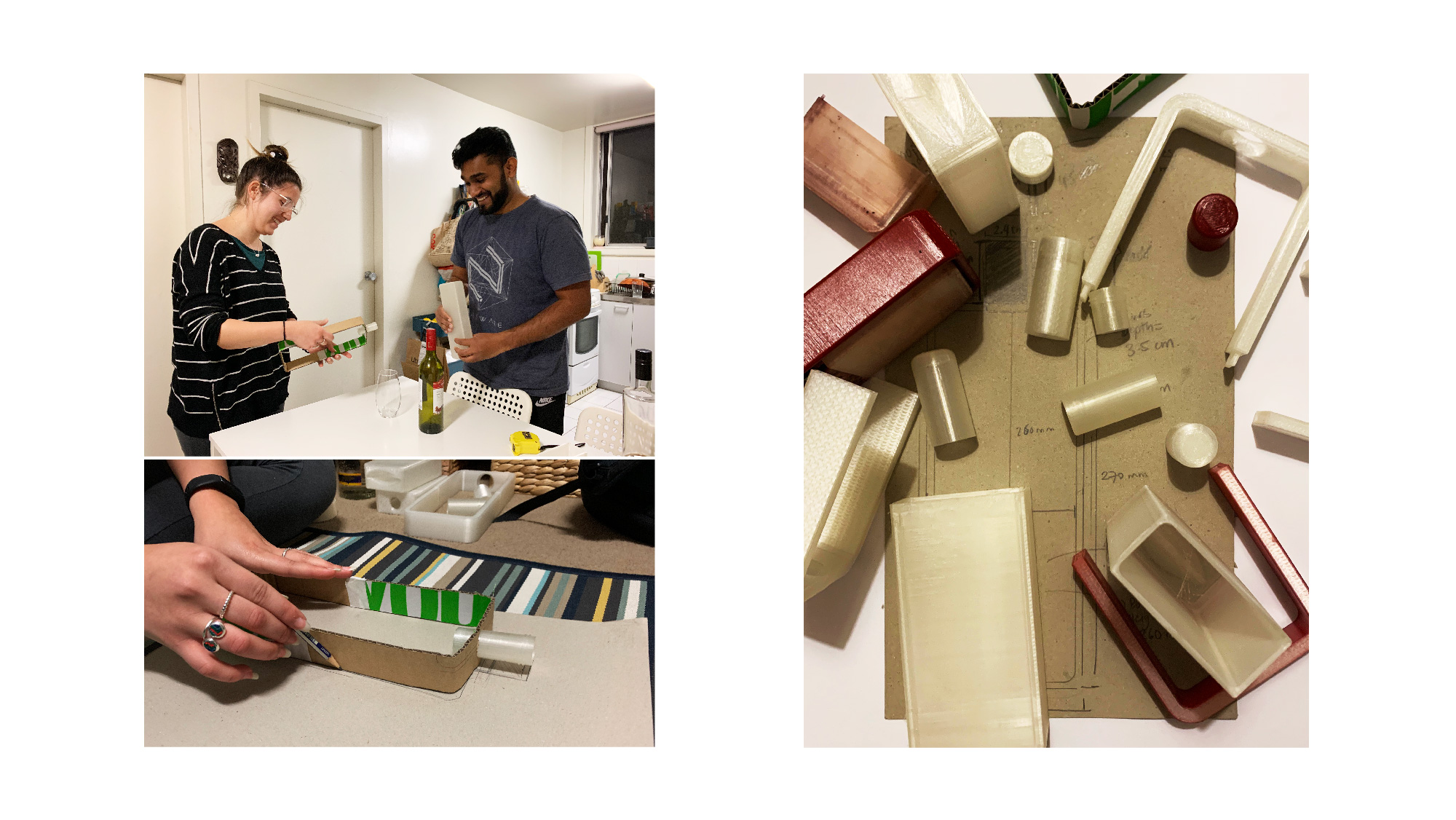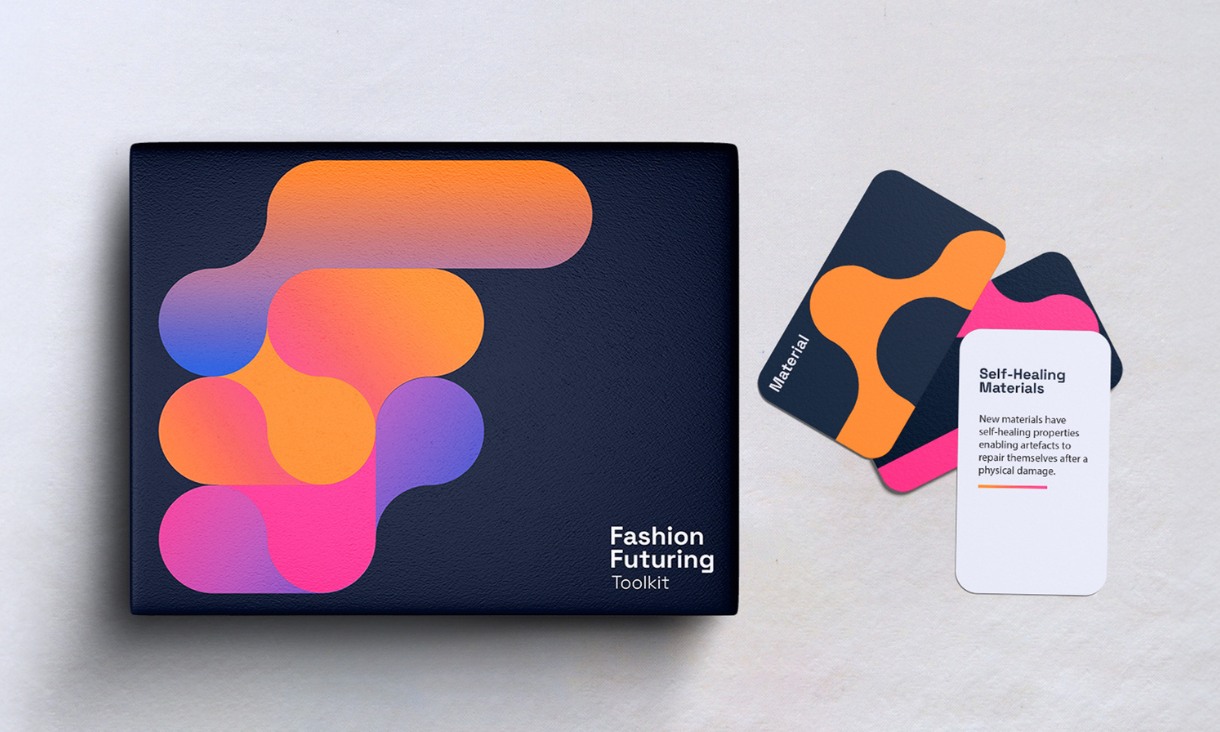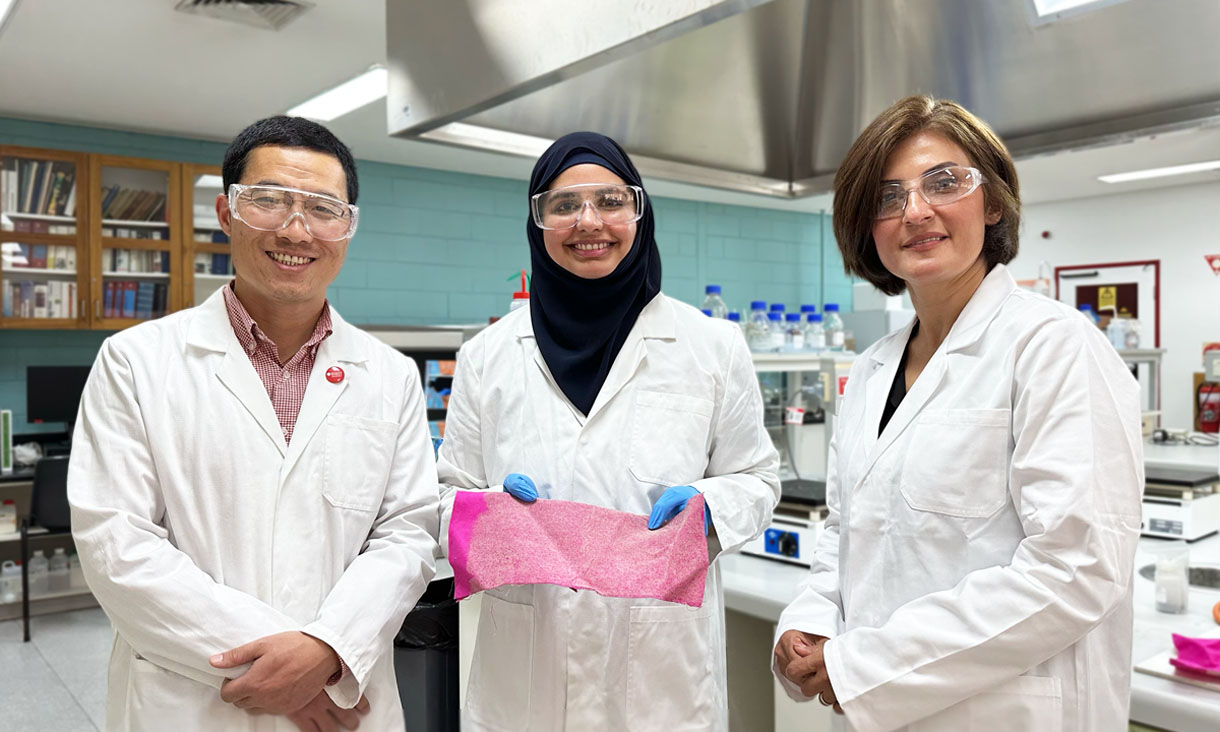RMIT success at Victorian Premier’s Design Awards
An innovative bi-directional hospital transfer chair that facilitates seamless attendant-facing transfers has won a Victorian Premier Design Award alongside recognition for a more than dozen RMIT-affiliated projects.
RMIT awarded partner in CoDesign4Transitions doctoral network
The new European training initiative will see PhD candidates engage in practical, cross-disciplinary and innovative research rooted in design approaches.
RMIT graduates celebrated at the 2023 Victorian Premier’s Design Awards
A toolkit to help fashion businesses build better strategies for a sustainable future and a prosthetic leg for amputee motorcyclists designed by RMIT graduates were praised at the 2023 Victorian Premier’s Design Awards.
Nanodiamonds could hold key to cool clothing
Researchers from RMIT University are using nanodiamonds to create smart textiles that can cool people down faster.
